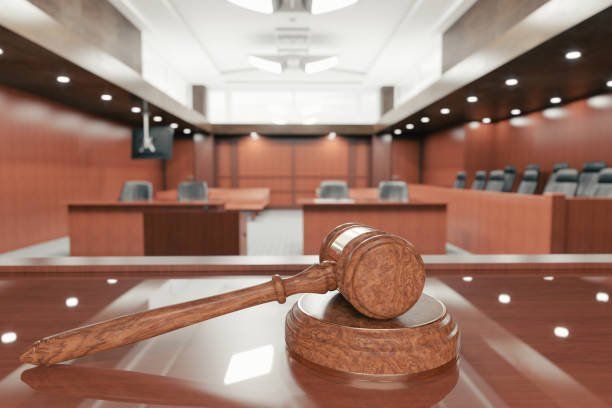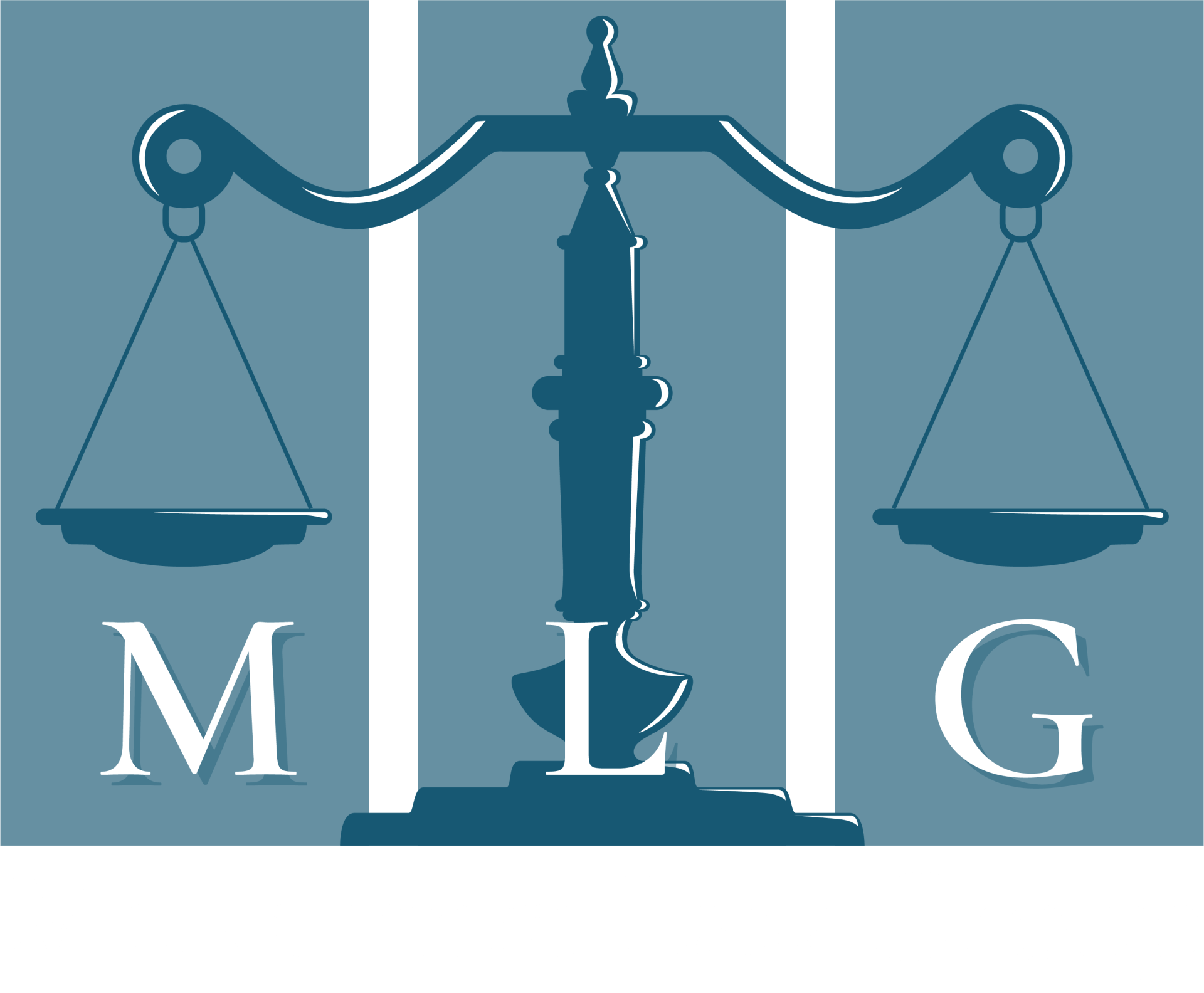|
Appellate Law
|
Appellate lawyers are often thought of as brief writers and oral advocates who only become involved in a case after it is won or lost at the trial court level. McNamara Law Group is equipped to handle appellate briefs and oral arguments and can add significant value at many stages of litigation starting as early as case development. Rather than working primarily to develop the most persuasive factual case, McNamara Law Group acting as your appellate attorney will usually focus more on legal issues and how to convince the court that our client should prevail as a matter of law. Combining this style of litigation with trial lawyers’ emphasis on fact-based storytelling results in a more compelling presentation overall. Although it may seem somewhat counter-intuitive, involving an appellate lawyer when a case is first conceived, prepared for trial, and tried can pay very substantial dividends.
Involvement from Day One

A Better Presentation
Including our attorneys in the trial process will strengthen your argument throughout your case. McNamara Law Group can help you identify potential claims, counterclaims, and cross-claims with an objective point of view. In addition, our appellate lawyers can help develop an effective trial strategy, assess viable claims, and analyze key issues.
Just as McNamara Law Group appellate lawyers are likely to improve the presentation and resolution of a case at the trial court level, we also can make positive contributions even in matters we are not handling. McNamara Law Group appellate attorneys’ objectivity and understanding of the appellate process make our attorneys valuable consultants in matters being handled by others.
A Better Result
Find out below how involving an Appellate Lawyer in every step benefits your case
-
Before Filing a Lawsuit, or Preparing to Defend a Lawsuit
- issue spotting and identifying potential claims, defenses, counterclaims, and cross-claims;
- determining the best court in which to litigate, and helping to select trial counsel;
- coordinating with other interested parties or amici and with related litigation;
- developing an effective theme for the case, and ensuring that the theme is reflected and all required legal elements and sufficient facts are included in the pleadings; and
- early case analysis and risk assessment, and developing a long-term strategy for successful resolution of the dispute and the issues.
-
After Filing a Lawsuit and During the Pre-Trial Phase
- continuing case analysis, including assessing the best claims and biggest vulnerabilities and the key issues and facts that need to be developed on each;
- settlement/mediation proceedings, including ongoing risk assessment, preparation of submissions to the facilitator, and negotiations;
- determining which issues may qualify for immediate, early, or discretionary appellate review, and the legal arguments with the most favorable standard of review on appeal; and
- preparing or defending important or dispositive early motions (e.g., motions to dismiss, jurisdictional motions, class action certification motions, expert challenges, and motions for summary judgment), including educating the generalist judge, presenting the client’s story and highlighting the opponent’s vulnerabilities, focusing on the critical facts and creating a logical progression of the legal arguments, and setting up the issues and arguments for appeal.
-
During Final Trial Preparation
- continuing case analysis, including assessing the best claims and biggest vulnerabilities and the key issues and facts that need to be developed on each;
- settlement/mediation proceedings, including ongoing risk assessment, preparation of submissions to the facilitator, and negotiations;
- determining which issues may qualify for immediate, early, or discretionary appellate review, and the legal arguments with the most favorable standard of review on appeal; and
- preparing or defending important or dispositive early motions (e.g., motions to dismiss, jurisdictional motions, class action certification motions, expert challenges, and motions for summary judgment), including educating the generalist judge, presenting the client’s story and highlighting the opponent’s vulnerabilities, focusing on the critical facts and creating a logical progression of the legal arguments, and setting up the issues and arguments for appeal.
-
Once the Trial Begins
- preserving the issues and insuring a complete record that includes all admitted exhibits, visuals, and deposition excerpts as well as all objections, conferences, and sidebar colloquies;
- making and defending objections to evidence as needed, including follow-up motions or requests for limiting instructions, offers of proof, and statements establishing prejudice;
- preparing and defending last-minute motions, including motions for directed verdict;
- reviewing daily transcripts, advising trial counsel about appropriate additional questioning or evidence, and reporting to general counsel or the client, including periodic assessments regarding the case and the likely result; and
- dealing with collateral issues that might distract trial counsel.
-
After All Evidence has been Submitted
- reviewing the exhibits and record to insure completeness, and amending the pleadings to conform to the evidence;
- preparing or defending motions for judgment;
- finalizing proposed findings of fact and conclusions of law, and objecting to the opponent’s;
- defending proposed jury instructions, objecting to the opponent’s, and attending the charging conference; and
- preparing the jury verdict form and any special interrogatories, dealing with jury questions, and consulting regarding jury issues such as deadlock.
-
After the Jury's Decision
- reviewing the exhibits and record to insure completeness, and amending the pleadings to conform to the evidence;
- preparing or defending motions for judgment;
- finalizing proposed findings of fact and conclusions of law, and objecting to the opponent’s;
- defending proposed jury instructions, objecting to the opponent’s, and attending the charging conference; and
- preparing the jury verdict form and any special interrogatories, dealing with jury questions, and consulting regarding jury issues such as deadlock.
-
Post-Trial
- reviewing the decision or verdict, and providing an initial assessment of the issues most likely to succeed (and fail) on appeal;
- reviewing the record, and considering or opposing possible expansion and means to accomplish this;
- preparing or defending motions for judgment as matter of law and new trial; and
- preparing the notice of appeal and related submissions such as a statement of the issues to be presented and critical parts of the record.

